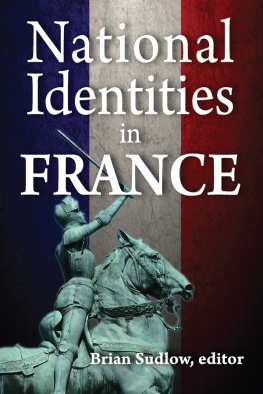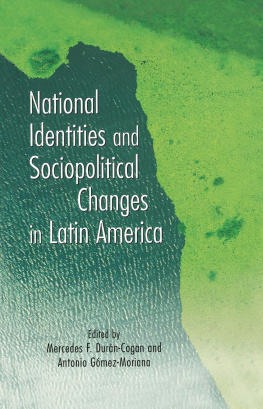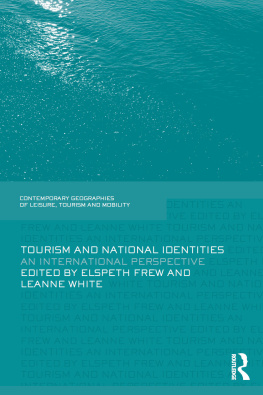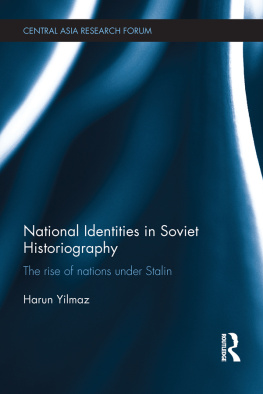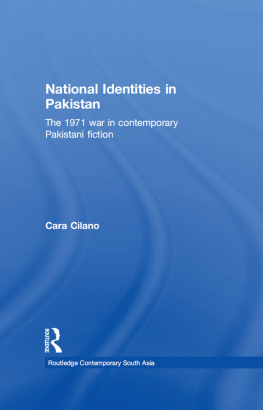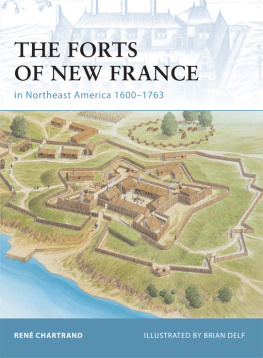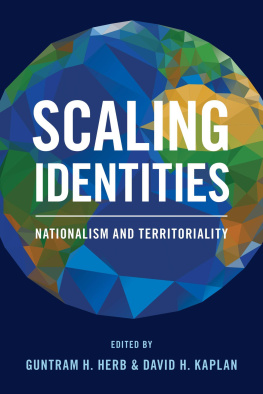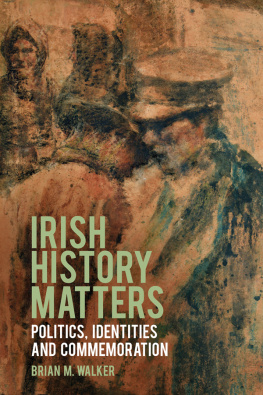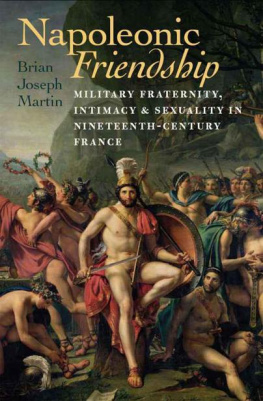Brian Sudlow - National Identities in France
Here you can read online Brian Sudlow - National Identities in France full text of the book (entire story) in english for free. Download pdf and epub, get meaning, cover and reviews about this ebook. year: 2011, publisher: Routledge, genre: Politics. Description of the work, (preface) as well as reviews are available. Best literature library LitArk.com created for fans of good reading and offers a wide selection of genres:
Romance novel
Science fiction
Adventure
Detective
Science
History
Home and family
Prose
Art
Politics
Computer
Non-fiction
Religion
Business
Children
Humor
Choose a favorite category and find really read worthwhile books. Enjoy immersion in the world of imagination, feel the emotions of the characters or learn something new for yourself, make an fascinating discovery.
- Book:National Identities in France
- Author:
- Publisher:Routledge
- Genre:
- Year:2011
- Rating:3 / 5
- Favourites:Add to favourites
- Your mark:
- 60
- 1
- 2
- 3
- 4
- 5
National Identities in France: summary, description and annotation
We offer to read an annotation, description, summary or preface (depends on what the author of the book "National Identities in France" wrote himself). If you haven't found the necessary information about the book — write in the comments, we will try to find it.
National Identities in France — read online for free the complete book (whole text) full work
Below is the text of the book, divided by pages. System saving the place of the last page read, allows you to conveniently read the book "National Identities in France" online for free, without having to search again every time where you left off. Put a bookmark, and you can go to the page where you finished reading at any time.
Font size:
Interval:
Bookmark:
Identities
in
FRANCE
Identities
in
FRANCE

2 Park Square, Milton Park, Abingdon, Oxon OX14 4RN
711 Third Avenue, New York, NY 10017, USA
Product or corporate names may be trademarks or registered trademarks, and are used only for identification and explanation without intent to infringe.
p. cm.
ISBN 978-1-4128-4288-4 (alk. paper)
1. National characteristics, French. 2. Self-perceptionFrance.
3. NationalismFrance. I. Sudlow, Brian.
DC34.N37 2011
20.540944dc23
Changing Parameters of National Identities and Nationalisms
Region: the French Communist Party in the Moselle, 19181929
Revolutionaries, Terrorists, or Just Cantankerous Winegrowers?
Monuments, and Misinformation Influenced Young French Girls Nationalist Discourses
Birmingham, 2011
Font size:
Interval:
Bookmark:
Similar books «National Identities in France»
Look at similar books to National Identities in France. We have selected literature similar in name and meaning in the hope of providing readers with more options to find new, interesting, not yet read works.
Discussion, reviews of the book National Identities in France and just readers' own opinions. Leave your comments, write what you think about the work, its meaning or the main characters. Specify what exactly you liked and what you didn't like, and why you think so.

